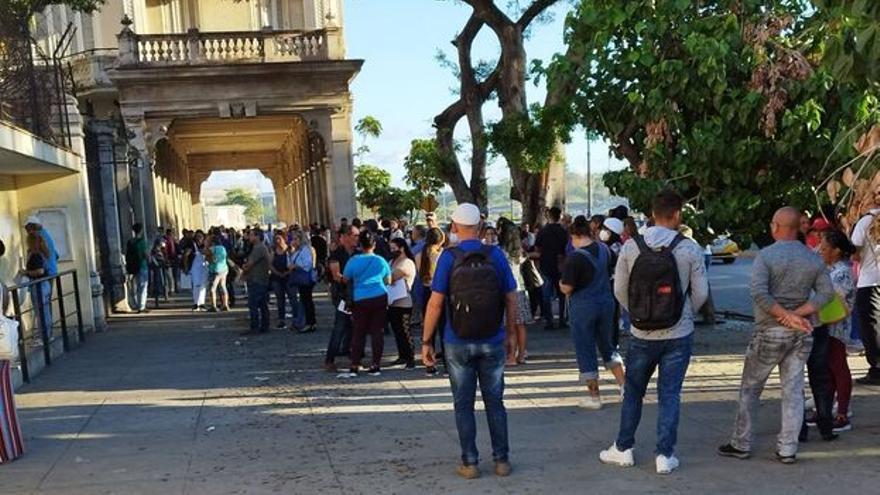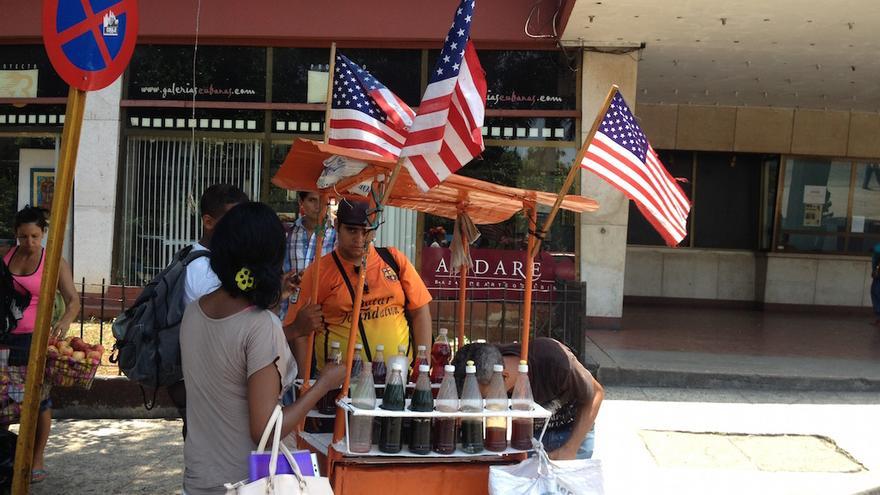
![]() EP (via 14ymedio), Valladolid, Spain, 21 December 2023 — More than 600 Cubans who are nationalized Spanish residents on the Island have received the help of the Junta de Castilla y León, in Spain, for being in a situation of special need, and 226,000 euros have been allocated to them, almost 90% more than in 2022.
EP (via 14ymedio), Valladolid, Spain, 21 December 2023 — More than 600 Cubans who are nationalized Spanish residents on the Island have received the help of the Junta de Castilla y León, in Spain, for being in a situation of special need, and 226,000 euros have been allocated to them, almost 90% more than in 2022.
The Official Bulletin of Castilla y León has published the Order of the Ministry of the Presidency by which the call for these individual grants is resolved, whose beneficiaries are people registered in a municipality of Castilla y León in the Register of Spanish Residents Abroad (PERE), and who allege a lack of sufficient resources to cover their basic subsistence needs.
The amount of aid depends on the level of income of the different family units and the members that make up these units. All the aid requested has been granted, provided that the conditions set out in the official announcement were met. continue reading
The amount of aid depends on the level of income of the different family units and the members that make up these units
All of the aid has been allocated to Castilian and Leonese citizens or their descendants residing in Cuba. In fact, of the 816 applications received, 812 corresponded to citizens on the Island.
The amount of aid has been 360 euros per application. To assess the data, it must be taken into account that the minimum pension in Cuba stands at 1,528 pesos per month; that is, less than 60 euros, and the minimum wage at 2,100 (80 euros).
The amount of 360 euros is, therefore, the equivalent of the remuneration received by a resident in Cuba who receives the minimum pension for half a year, and the salary of a worker who receives the minimum wage for more than four months.
Of the 627 beneficiaries, 400 are women and 227 are men; 15 are under 35 years old; 164 are between 35 and 65 years old, and 448 are over 65 years old.
The most abundant profile of a person who has received this help responds, therefore, to a woman of Castilian and Leonese origin residing in Cuba, over 65 years of age and with serious survival problems.
As of January 1, 2023, according to data from the Spanish National Institute of Statistics, 9,719 Castilians and Leonese registered in the PERE reside in Cuba.
Translated by Regina Anavy
____________
COLLABORATE WITH OUR WORK: The 14ymedio team is committed to practicing serious journalism that reflects Cuba’s reality in all its depth. Thank you for joining us on this long journey. We invite you to continue supporting us by becoming a member of 14ymedio now. Together we can continue transforming journalism in Cuba.

